Samsung Galaxy Note 4 vs HTC One M9: which phone is faster? (real-life speed comparison)
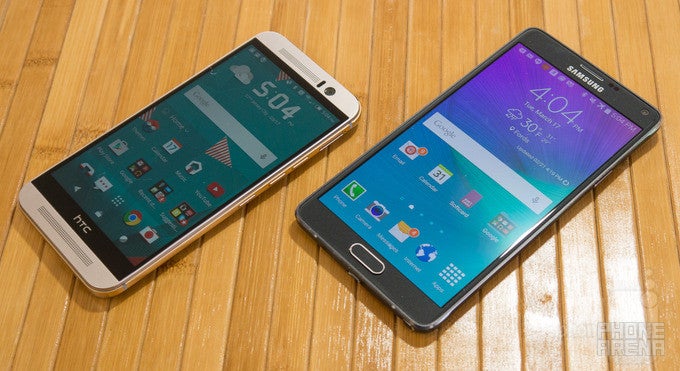
Have you ever wondered what makes a smartphone fast and why some smartphones perform better than others? To answer these questions, several key factors have to be taken into account. Firstly, there's the hardware – the capabilities of a phone's CPU, GPU, RAM, and storage have a crucial impact on its overall performance. So does the software in charge of all that silicon, including the operating system and the apps running on it. If you want a phone to be fast, its hardware and software have to work in perfect unison.
With this comparison, our goal is to find out which smartphone gets closer to this state of perfection – the HTC One M9 or the Samsung Galaxy Note 4. On paper, the former seems to have the advantage over Samsung's handset. Under the hood of the One M9 tick newer and seemingly better hardware components, including a Snapdragon 810 SoC and 3GB of DDR4 RAM. The Note 4, in case you need a refresher, relies on last year's Snapdragon 805 and 3GB of DDR3 RAM. On top of that, the Note 4's GPU has to push 1.7 times more pixels around due to the phablet's higher screen resolution.
But that's all theory.
The Setup
To see which phone is faster in real life – the HTC One M9 or the Samsung Galaxy Note 4 – we picked a total of 21 pairs of apps. These included anything from basic stock apps to Google services and popular third-party applications. Then we measured the start-up times for each pair of apps and gave a point to the phone that loaded it faster.
Of course, we did our best to keep the testing conditions as equal as possible for the two handsets. The HTC One M9 and Galaxy Note 4 were both connected to the same Wi-Fi network and provided with speedy access to the internet. Also, they were configured to use the same accounts for email, contacts and other services, they had an identical amount of photos loaded on them and they were loading the same web page during the browser tests. Prior to the start of our testing, the Galaxy Note 4 was given a factory reset. The M9 didn't need one as it was fresh out of the box.
The results
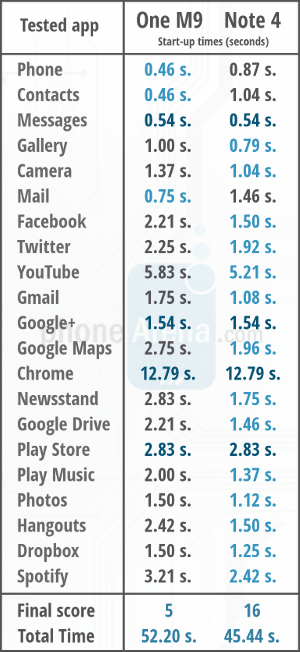
We're not trying to imply that the HTC One M9 is a slow smartphone. Quite the contrary – it performs really well when it comes to overall UI responsiveness and smoothness thanks to its quick and simple transition animations. Also, it tends to be quicker when switching back and forth between apps. Intolerable lags or slowdowns are practically non-existent. But in the scenario of our speed comparison, the Samsung Galaxy Note 4 has the upper hand, and that's despite it rocking last year's hardware.
Software versions of the reviewed units:
HTC One M9:
Android 5.0.2
software number 1.32.401.15
Samsung Galaxy Note 4:
Android 5.0.1
build number LRX22C.N910FXXU1BOB4

Follow us on Google News




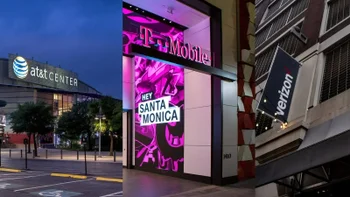


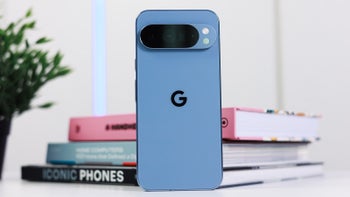
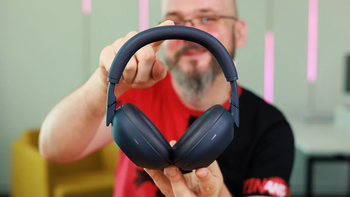
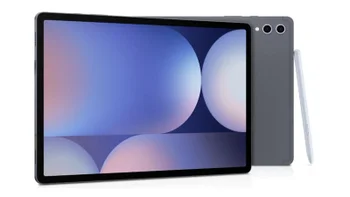
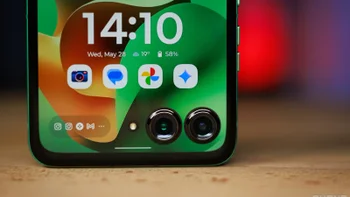
Things that are NOT allowed:
To help keep our community safe and free from spam, we apply temporary limits to newly created accounts: